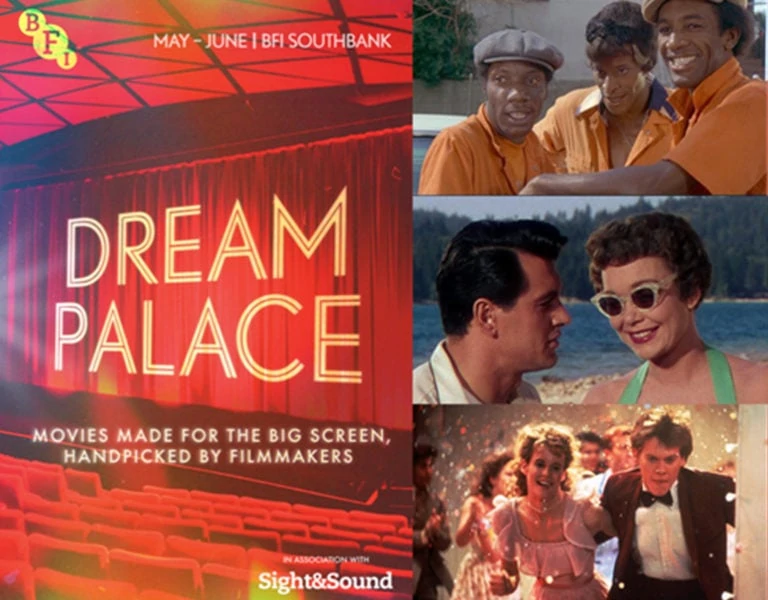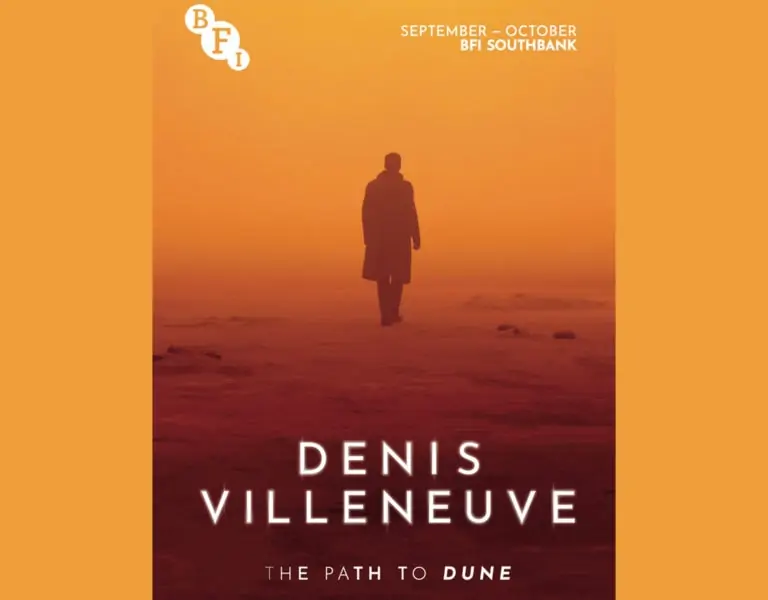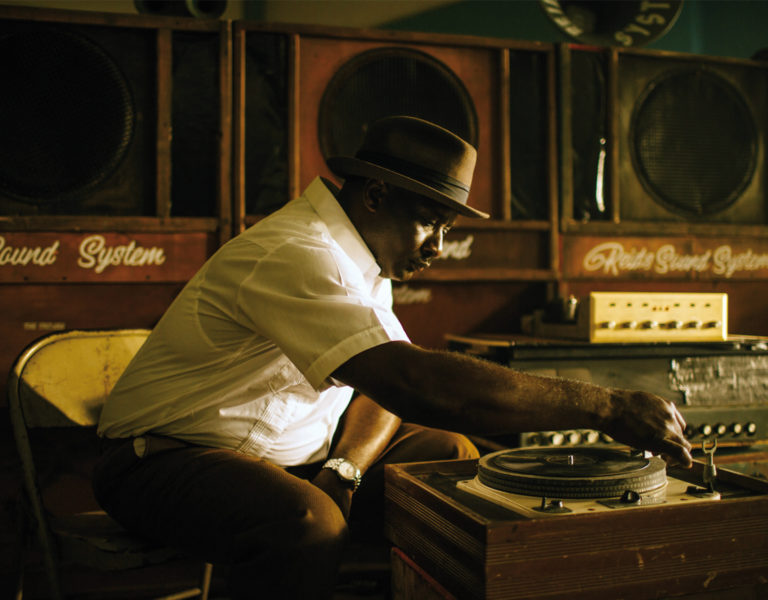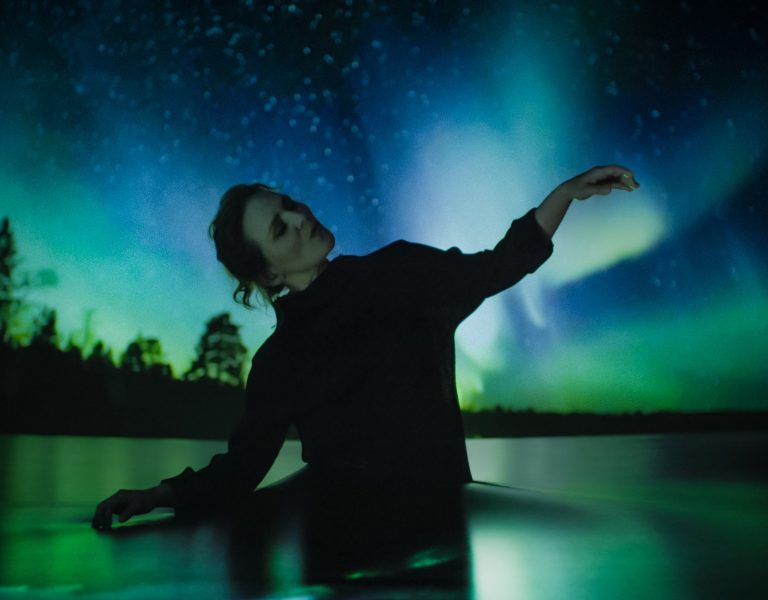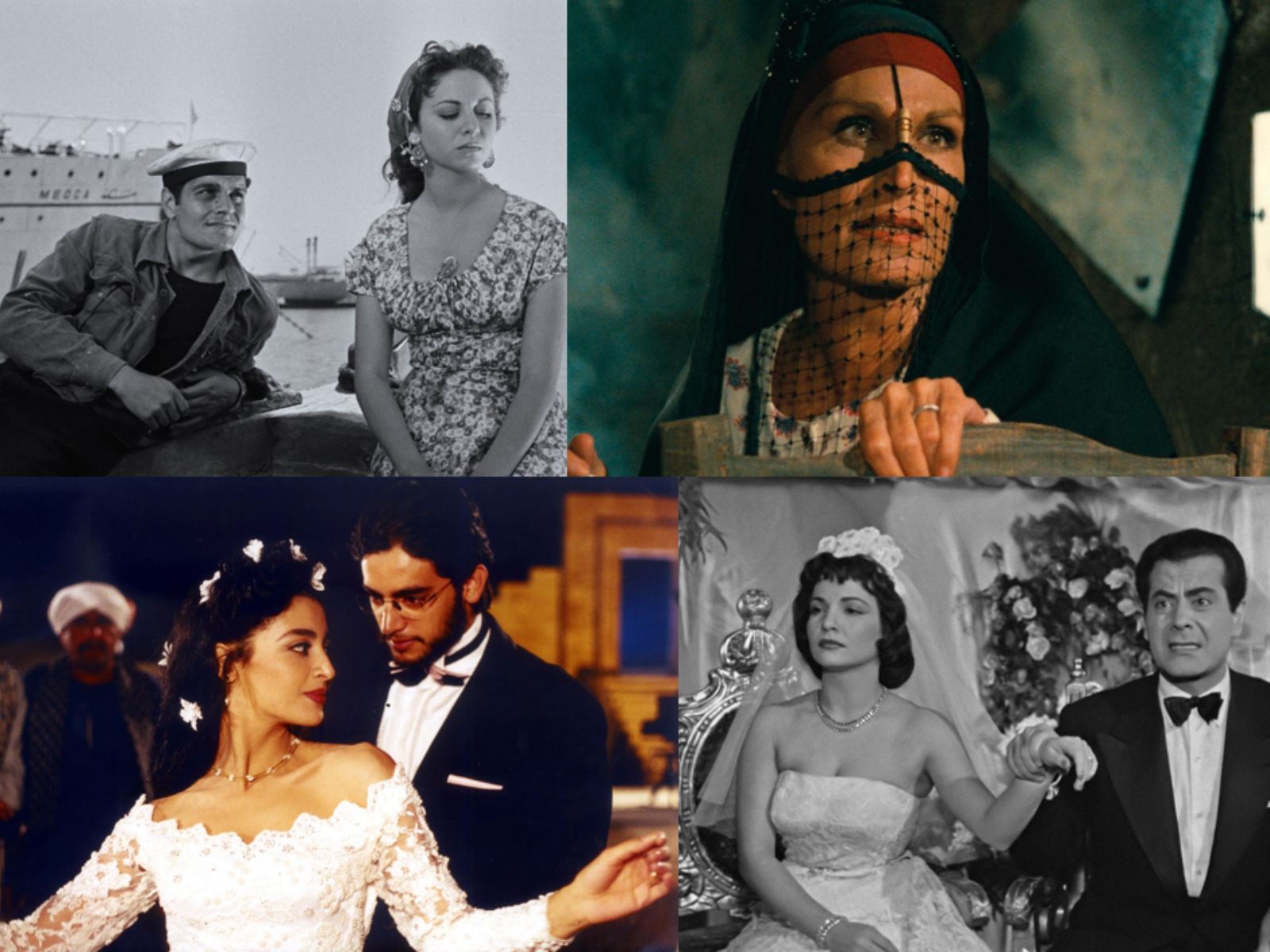
BFI Southbank has revealed complete details of Drama and Desire: The Films of Youssef Chahine, a major season celebrating the work of Egyptian master filmmaker Youssef Chahine, whose cinema is an audacious swirl of exuberance and energy, brimming with idiosyncratic characters and sweeping storylines. Curated by Elhum Shakerifar, and presented in partnership with SAFAR Film Festival and the Ciné Lumière, the season will span his vast and eclectic career that often depicted the lives of ordinary Egyptians. SAFAR Film Festival, the UK’s largest festival of Arab cinema, which runs from 29 June – 9 July, will include Chahine’s short film Cairo As Seen By Chahine (1993), screening alongside the UK premiere of From Cairo (Hala Galal, 2021), while the Ciné Lumière will also screen a selection of Chahine’s work this summer. A number of the films will also be available to watch UK-wide on BFI Player.
Titles screening will include Cairo Station (1958), considered by many to be his masterpiece, his powerful ode to the earth, The Land (1969), The Blazing Sun (1954), which marked the screen debut of Omar Sharif, and his semi-autobiographical Alexandria Trilogy of films Alexandria… Why? (1978), An Egyptian Story (1982) and Alexandria Again and Forever (1989). The season will begin with an introductory event, The Youssef Chahine Story, on 3 July. In this richly illustrated talk, season curator Elhum Shakerifar and special guests will explore Chahine’s thematic preoccupations and stylistic characteristics, as well as the political and historical background of his work, and the autobiographical elements that run through a career that spanned five decades. Numerous screenings in the season will be introduced, with special guests including novelist Ahdaf Soueif, poet and essayist Momtaza Mehri and filmmaker May Abdalla, as well as the season curator Elhum Shakerifar.
A household name across the Arab world and feted internationally throughout his career, Chahine continues to appeal to his Egyptian audience (at Cairo Airport his portrait welcomes you to the city); this season offers audiences in the UK a chance to better acquaint themselves with the work of a true master of cinema.
COMPLETE PROGRAMME, DIVIDED BY SECTION:
AN ARTIST AT HEART
This section of the programme is dedicated to Chahine’s Alexandria trilogy, which form an essential part of his oeuvre; semi-autobiographical, playful, reflexive and self-referential, these films brim with audacious storytelling and powerful meditations on cinema.
- In the Second World War set Alexandria… Why? (1978) teenager Yehia dreams of studying cinema while his quirky family, living atop a cabaret theatre, endure air raids by playing backgammon and eating ice cream.
- In the second part of the trilogy An Egyptian Story (1982), Yehia travels to London to undergo open-heart surgery. While anaesthetised, he dreams of a surreal courtroom scenario that finds his child self in the dock.
- The trilogy concludes with Alexandria Again And Forever (1989), in which Yehia, now an ageing director, becomes infatuated with a star actor, threatening to damage their professional relationship and fuel his writer’s block. But a fateful meeting during the 1986 filmmaker strike fires Yehia’s imagination.
THE MELODRAMA OF LIFE
Hollywood meets the Golden Age of Egyptian cinema in this section of the programme – musical numbers merge into twisting tales of love and revenge in Chahine’s early work.
- Chahine’s charming feature debut and moving tribute to his own father Daddy Amin (1950) marked Faten Hamama’s dazzling screen debut and foregrounds the socio-political undercurrents that would run through much of Chahine’s subsequent work.
- Chahine upends Orientalist tropes in The Devil of the Desert (1954), an enthralling musical, in which Omar Sharif’s dashing young Bedouin Essam plots to overthrow a tribe’s tyrannical ruler – and the man responsible for his friend’s murder – by insinuating himself as an advisor in the corrupt leader’s court. However, Essam’s plans are threatened by Dalal, whose love for him could derail his plans.
- Legendary singer Farid al-Atrash stars alongside screen icon Shadia in My One and Only Love (1957), a visual feast that finds the pair playing characters forced into a marriage neither of them wants, solely to attain an inheritance.
AN EGYPTIAN PANORAMA: CONTEMPORARY MIRRORS
Over 6 decades, and with captivating audacity, Chahine consistently held up a mirror to the personal and political lives of ordinary Egyptians through socially anchored neo-realist work.
- The Blazing Sun (1954) starring Faten Hamama and Omar Sharif, the latter in his screen debut, is a tale of conflict that sees a progressive engineer come up against a powerful Pasha. This epic tragedy of honour and greed is intertwined with the passion of star-crossed lovers. The screening of BLAZING SUN on 3 July will be introduced by season curator Elhum Shakerifar.
- In Dark Waters (1955), after years at sea, Ragab returns to Alexandria to marry his cousin Hamida, but his jealousy is unleashed when he learns that his affluent childhood friend Mamdouh has also fallen for her. Toxic masculinity and class struggle dominate a powerful drama that saw on-screen – and by that time real-life – power couple Omar Sharif and Faten Hamama reunited.
- In Dawn of a New Day (1964), a passionate liaison with a chemistry student some 20 years her junior causes Naila to reflect on her agency and life choices — including her relationship with her shallow and vain husband, played by Chahine.
- Considered Chahine’s masterpiece, Cairo Station (1958) was so sharply on point that the film was reviled by many on initial release. Its dark genius lies in the mood it creates, while remaining keenly attuned to the complexity of human emotion and desire.
- In The Other (1999), which features a cameo from Palestinian intellectual and writer Edward Saïd, Adam falls in love with feisty local journalist Hanan while visiting Cairo on a research trip. They marry quickly, but Adam’s unhealthily obsessive mother goes to tragic lengths to tear them apart.
- Set against the backdrop of the 1967 Six-Day War, The Sparrow (1972) is bold in its analysis of this seismic moment from the country’s recent past. Weaving together a variety of voices and stories — from life in Cairo to a small village in Upper Egypt, and ordinary citizens to journalists and police officials — the film paints a potent picture of thwarted hopes in a crumbling society. The screening of The Sparrow on 10 July will be introduced by poet and essayist Momtaza Mehri.
- Return Of The Prodigal Son (1975) is a political musical about a family torn apart by very different social perspectives, playing out in bright Technicolor while serving as a pointed allegory for the tragedy of regional disintegration. Returning home after a decade in prison, Ali (Ahmed Mehrez) is confronted both with a changed country and the manifold expectations placed upon him during his absence. The screening on 22 July will be introduced by novelist Ahdaf Soueif.
AN EGYPTIAN PANORAMA: REIMAGININGS OF THE PAST
The final section of the programme features Chahine’s epic re-imaginings of the past, that re-centre a local perspective on well-known historical tales.
- Reviving the legacy of historical icon, the eponymous Saladin (1963), Chahine recounts the charismatic leader’s triumph against the Crusaders, albeit with the inclusion of love trysts and reflections on the male ego. At the time, it was the most expensive Egyptian film ever made and its scale was so vast that then President Nasser gave permission for the Egyptian national army to feature in the colossal battle scenes.
- The Land (1969) is Chahine’s powerful ode to the earth, which builds towards an unforgettable closing scene – one of the landmark moments in Egyptian cinematic history; in 1930s Egypt, farmers of a rural village form a collective when they lose access to water for their crops. The screening of The Land on 20 July will be introduced by filmmaker May Abdalla.
- Chahine’s adaptation of Andrée Chedid’s novel The Sixth Day (1986), which incorporates a lively Gene Kelly musical mash-up, in a frank reflection on desire and an ode to cinema. It features the last screen appearance of Egypt-born, French-Italian singer Dalida.
- Greed, desire and honesty intersect in The Emigrant (1994), Chahine’s retelling of the biblical tale of Joseph from an Egyptian perspective. After dreamer Ram is almost killed by his jealous brothers, he emigrates to Egypt in order to educate himself. While his dedication earns the ruler’s respect, he also attracts the attentions of the ruler’s wife.
- An historical melodrama made in response to political and religious tensions in 1990s Egypt, Destiny (1997) is a hopeful musical epic that argues against violent extremism; when his father is burned to death on a pyre for translating the ‘heretic’ thinker Averroes, Joseph flees to Andalucía and the lively, loving home of the philosopher.

